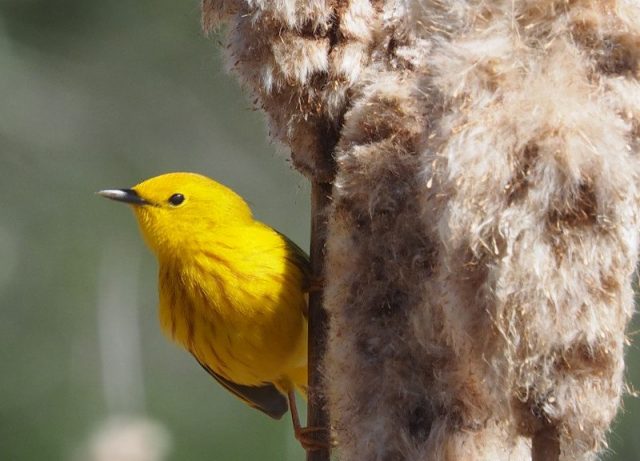MI weekly selection #266
MI weekly selection #266

Genes linked to exploration in birds may help them adapt to climate change
Birds whose genes favour exploration of new habitats will likely handle climate change better than those inclined to stay where they are. Researchers have identified a pair of genes, DRD4 and DEAF1, in yellow warblers that are linked to migration and exploration that they say might serve the birds well in adapting to global warming.
Ancient baby’s DNA reveals previously unknown Native American ancestors
The remains of a 6-week-old baby who lived 11,500 years ago in what today is central Alaska has yielded the oldest complete human genetic profile in the New World. In studying her genome, researchers uncovered evidence of previously unknown ancestors of modern Native Americans.
Massive bubbles observed on surface of distant red-giant star
New images taken by the European Southern Observatory have revealed huge bubbles on the surface of Pi1 Gruis, a massive red-giant star 530 light-years from Earth. “Until now, the surface of one of these stars has never before been imaged in detail,” said ESO officials.
Bacteria genetically modified to create ultrasound-detectable noise
Genetically modified bacteria can produce sounds that can be monitored by ultrasound, which may one day help researchers track disease-fighting microbes within the body. The microbes are tweaked to produce pouches filled with gas that can create sound waves.
Bonobos seem to prefer hinderers over helpers
Bonobos appear to be more socially tolerant and cooperative than chimpanzees, but a new research suggests that bonobos gravitate toward hinderers rather than helpers. The behaviour was unexpected and might reflect the primates’ reaction to social dominance and hierarchy.